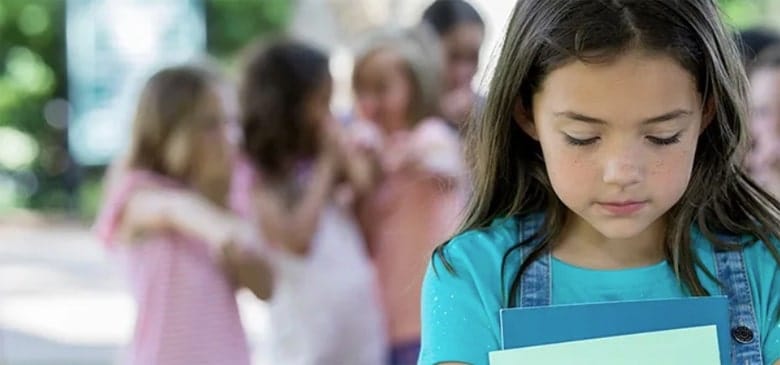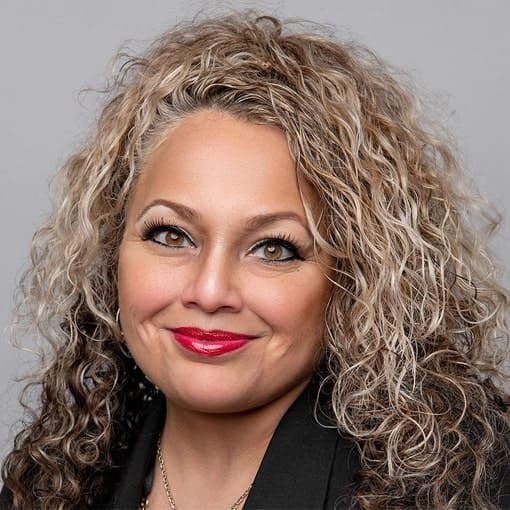Engaging in trauma therapy can provide clarity and healing for deep-seated wounds. People living and coping with childhood trauma may not be aware of how their past memories affect their lives today. They might not realize why they have strong reactions to benign stimuli that doesn’t bother anyone else. When people have unresolved trauma, everyday inputs can become triggers which spark negative emotions. Certain foods or distinct flavors, strong odors, peculiar noises or specific music, and even physical landmarks can trigger an emotional response. People suffering from trauma are haunted by the possibility of reliving their past memories, whether they know it or not; unsavory experiences have collected in their brains where they remain undigested and are consciously or subconsciously avoided.
Childhood traumatic stress occurs when violent or dangerous events overwhelm a child’s or adolescent’s ability to cope. Traumatic events may include neglect and psychological, physical, or sexual abuse. Natural disasters, terrorism, and community and school violence can also leave impact craters in young peoples’ minds. Memories of abuse and bullying are tied to increased psychiatric distress, greater emotional symptoms, increased risk of psychotic experiences, and most commonly, depression. Traumatic experiences can initiate physical reactions which persist long after the unpleasant event. Children who are being abused or have been traumatized may exhibit unsocial behaviour. They report feeling random bouts of terror, helplessness, or fear, as well as physiological reactions such as heart pounding, vomiting, or loss of bowel or bladder control.

Bullying is the most common cause of childhood trauma.
Parents need to stay vigilant and keep watch over their children’s emotional wellbeing because modern kids’ smartphones are connected to the internet. This technology requires another layer of diligence and communication between adult and child. If a son or daughter is being bullied, parents might notice more pronounced mood swings, changes in eating or sleeping habits or school avoidance. Another clue is ‘victim’ body language, like avoiding eye contact and hanging her head.
Bullying takes a toll on perpetrators too. It can lead to emotional, legal, and substance abuse problems as the bullies mature into adults. AERCS trauma therapy recognizes and understands how traumatic experiences impact a child’s mental, behavioral, emotional, physical, and spiritual well-being in the present. Our therapists aim to reprocess undigested memories by imputing positive, life affirming information from the present and thereby essentially rewire older neural networks that hold traumatic memories.
How do you address trauma in therapy?
The best way to address trauma is by talking about it. Patients hoping to get trauma therapy should seek a mental health counselor with trauma specific training and someone with whom they feel comfortable having long conversations. The most important thing about addressing trauma in therapy is discussing it openly and exploring all nuances. Processing trauma is messy because it means breaking free of the hold that trauma has on the self.
How to heal from childhood trauma without therapy?
Anyone looking to overcome childhood trauma on their own needs to reconnect with their inner child and practice compassion. We can nurture ourselves in a way that helps our easily triggered and hurt self heal and grow. Healing is a long process and so the most important thing is to be kind to ourselves because healing is not a linear process.
How to talk about trauma in therapy?
A trauma-informed therapist senses when patients are ready to discuss their darkest memories and not hold back. The more that’s shared, the more that’s processed. Patients need to be sure they’re ready to discuss all details without feeling pressured. They should want to discuss these past events and how they feel about those happenings today. Ideally, their therapist is a trained professional who listens for clues to engender more discussions and hopefully evoke a positive after-thought worthy of yet more reflection.
Can trauma therapy make trauma worse?
Yes, there is always a risk that if therapy is done improperly or ineffectually it can exasperate issues and amplify any adverse affects. The goal of therapy is to exercise the brain and process unresolved traumatic memories. Doing that is always healthy and helpful. Anything that prevents a natural re-cognition is unhelpful. If the patient doesn’t trust their therapist or they don’t feel ready to talk about their trauma, then forcing them to relive their bad memories could potentially retraumatize that person. That’s why patients who are considering therapy need to be sure they’re ready to talk about it. The exercise is typically excruciating (emotionally) and that’s not a reflection of its quality. It’s painful because together with the therapist, the patient needs to revisit some sensitive memories that could be locked away. A trauma informed therapist will know to focus on safety.
Are you looking for help to resolve childhood trauma?
Would you like to speak to a therapist at AERCS? Take the first step. Reach out to our Intake Coordinator and book an appointment at AERCS. Gloria Segovia and AERCS is ideally positioned to help new patients find the perfect therapist. We will walk you through the process and answer any questions you might have as we outlines the treatment options available at AERCS.












